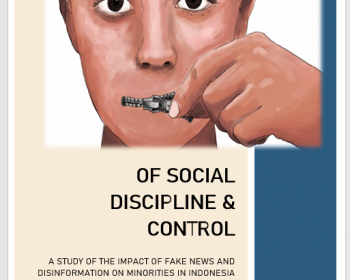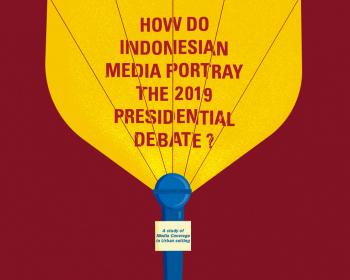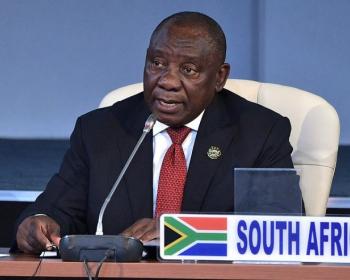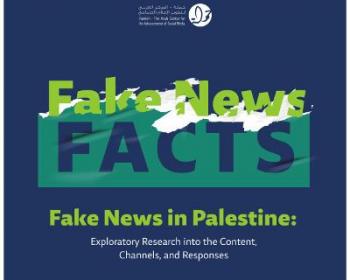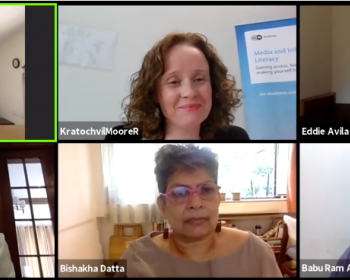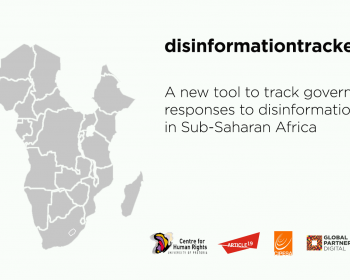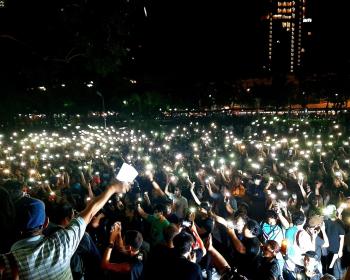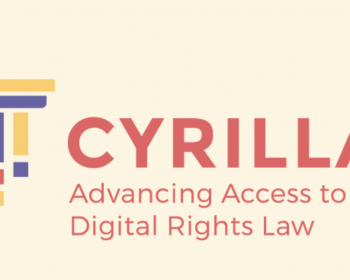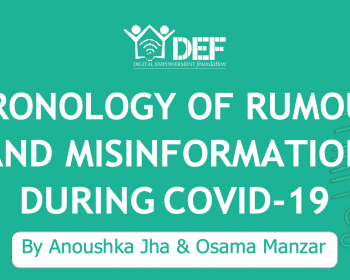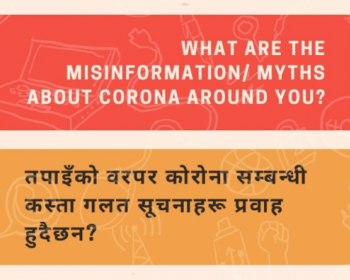fake news
This study sets out to analyse the qualitative impact of fake news on racial, ethnic and sexual minority communities in Indonesia. Indonesia presents an interesting case, given how the impact of disinformation in the country has been particularly pronounced.
This study aimes to generate quantitative data on media coverage during the 2019 presidential election debates in Indonesia to determine the framing used and how these affected public discourse. The study also explores how the media covered the issues of religious tolerance and hate speech.
The global infodemic accelerated in part by the COVID-19 pandemic has raised important debates on how best to respond to the proliferation of false and misleading information online.
This research is part of 7amleh’s ongoing series of publications on Palestinian digital rights in order to raise awareness and create a knowledge base for advocacy work.
Participants from a range of countries and regions took part in a panel at RightsCon 2020 to bring perspectives from around the world to the topic of empowering the people through media and information literacy.
The COVID-19 pandemic has led to the dissemination of vast amounts of information, both verified and unverified. Against this backdrop, civil society organisations recently launched the Disinformation Tracker, an interactive map to track disinformation laws and policies across Sub-Saharan Africa.
In early 2020, Thailand saw a wave of student protests challenging the tenure and government of the Thai prime minister, but the pandemic forced a suspension of protests. How has social media been used in response?
From 10 - 12 June, CYRILLA and APC hosted a Twitter campaign. The purpose of #DigitalLawsAsia was to explore the human rights impacts of digital regulation in South and Southeast Asia.
This research from the DEF tries to understand the chronology of events that started rumours, fake news and misinformation about COVID-19 that spread across India.
Body & Data asked their followers on social media to answer some questions about misinformation circulating in Nepal during the COVID-19 pandemic.

Association for Progressive Communications (APC) 2022
Unless otherwise stated, content on the APC website is licensed under Creative Commons Attribution 4.0 International (CC BY 4.0)



